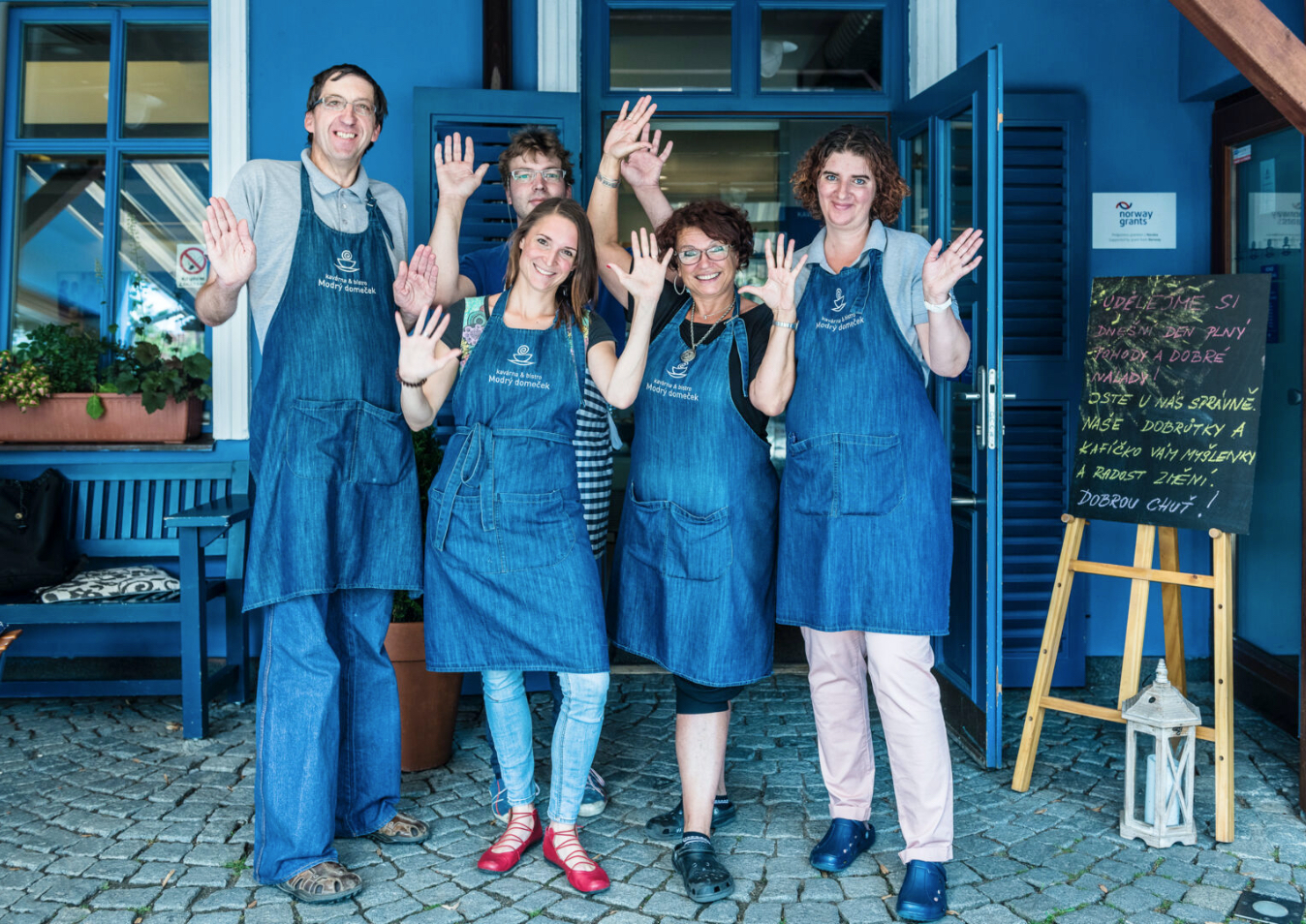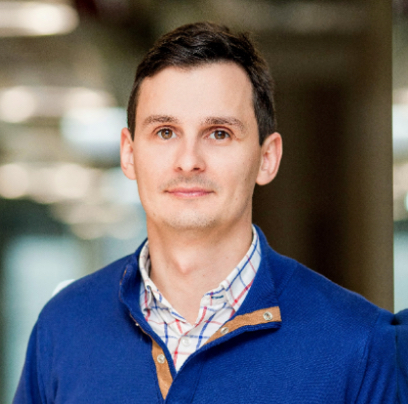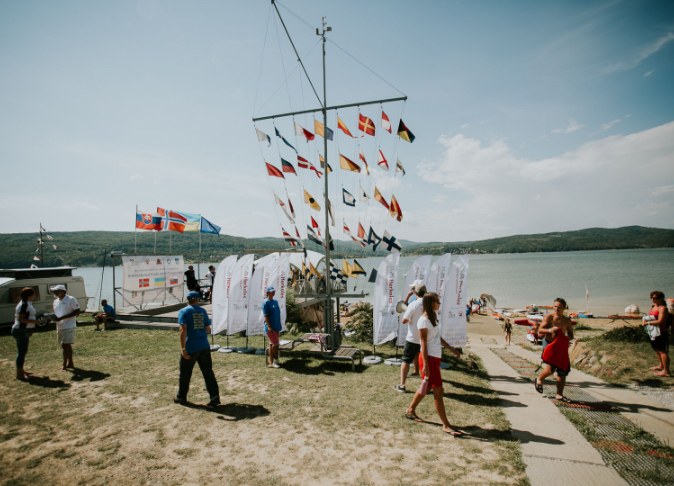The Fund for Youth Employment
The Fund for Youth Employment contributes to sustainable and quality youth employment in Europe. Unlike the ordinary programmes funded by Iceland, Liechtenstein and Norway, this €60.61 million fund has a transnational focus. It helps entities across Europe to pool their efforts and find new ways to reduce youth unemployment.

young people are now enrolled in education and training
In 2020, the Fund for Youth Employment achieved its halfway mark. It has been an active and challenging year for the 25 projects that are being implemented.
The COVID-19 pandemic has had a negative impact on many of the project activities, especially those targeting the most vulnerable target groups, such as unemployed youth. The 25 projects were forced to adapt their efforts to improve the employment situation of young people Not in Employment, Education or Training (NEETs). Project partners have shown great resilience to ensure the continued quality implementation of their projects. By shifting face-to-face activities and training sessions to online formats, they have been able to turn some of the current challenges into opportunities.
In September 2020, a second open call for proposals received more than 130 applications. The cost of the proposed projects is 16 times higher than the funds available in the call. This success confirms once again, how important it is to keep empowering, supporting and investing in young people through this fund.
To select the best project ideas for funding, the applications will now undergo an assessment and a decision on which projects to support will be taken in June 2021.






